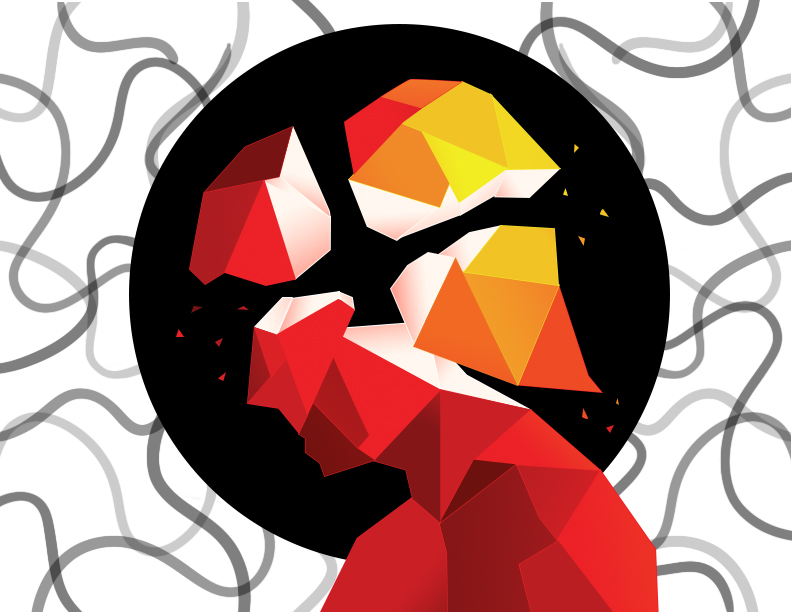Mental Health Series: Anxiety

Heart beating quickly, struggling to breathe, feeling tense all over, and a persistent feeling of fear and worry. This is anxiety.
Anxiety as a whole is something that everyone experiences as it is the body’s natural way of preparing for and anticipating danger. The rush of adrenaline helps temporarily heighten our senses and can keep us safe from potentially harmful situations.
If it is a natural part of life, then why do so many people struggle with feeling anxious to the point of experiencing an anxiety disorder or panic attacks? Stress can lead to anxiety, and a persistent and deeper feeling of dread develops from everyday stressors. These can include home life, school work, jobs, and much more. Our lives are multi-faceted. With all of our different tasks and responsibilities, life often becomes chaotic and stressful.
When a person starts to fear doing simple or regular tasks, tasks necessary for day-to-day living, this is when anxiety becomes a disorder. The American Psychiatric Association states that almost 30% of adults will experience some form of anxiety disorder within their lifetime and it is the most common mental disorder.
So while everyone will experience some kind of anxiety throughout their lifetimes, people experience anxiety differently. Naturally, there are different types of anxiety disorders. Typically they are categorized as generalized anxiety disorder, panic disorder, specific phobias, social anxiety disorder, and separation anxiety disorder.
Fortunately for modern generations, mental health has become a prominent topic and focus in the medical industry. People no longer have to deal with anxiety alone and can seek treatment through a mental health professional. People often respond well to psychotherapy (also known as “talk therapy”) or medication.
The National Institute of Mental Health goes more into different types of psychotherapy techniques. Often, people find the best way to manage their feelings of anxiety with a combination of the two.
However, such healthcare can be expensive and not accessible to everyone. A survey done by a staff member of Pulse Magazine shows that out of 29 local students, 86.2% of them experience, or have experienced, anxiety within their lifetime. 75% of them said that anxiety was school-related and 65.5% of them stated anxiety affected performance in school.
But as mental health awareness continues to grow and expand, more resources have become readily available. Support groups and classes on managing stress and anxiety have also become increasingly popular. The best part of these types of resources is that many of them are easily accessible to the general public.
An example is the University of Texas Rio Grande Valley (UTRGV), which has a counseling center. Students can come in and talk to people with expertise in how to better manage feelings of stress and anxiety.
Anxiety is an issue many people struggle with, however, there is a growing availability of resources. To find out more about the resources UTRGV has to offer, call the counseling center at (956) 665-3306 or email them at counseling@utrgv.edu.





